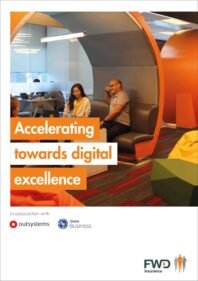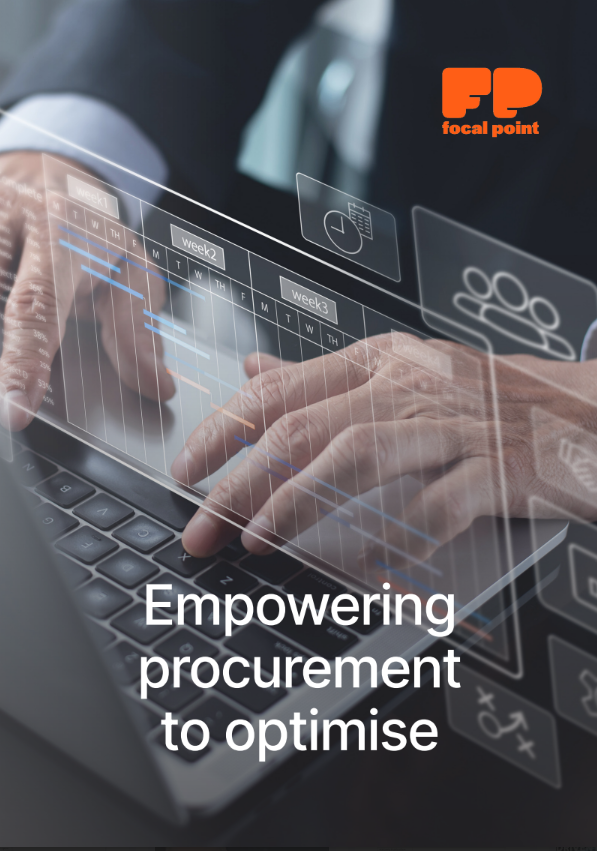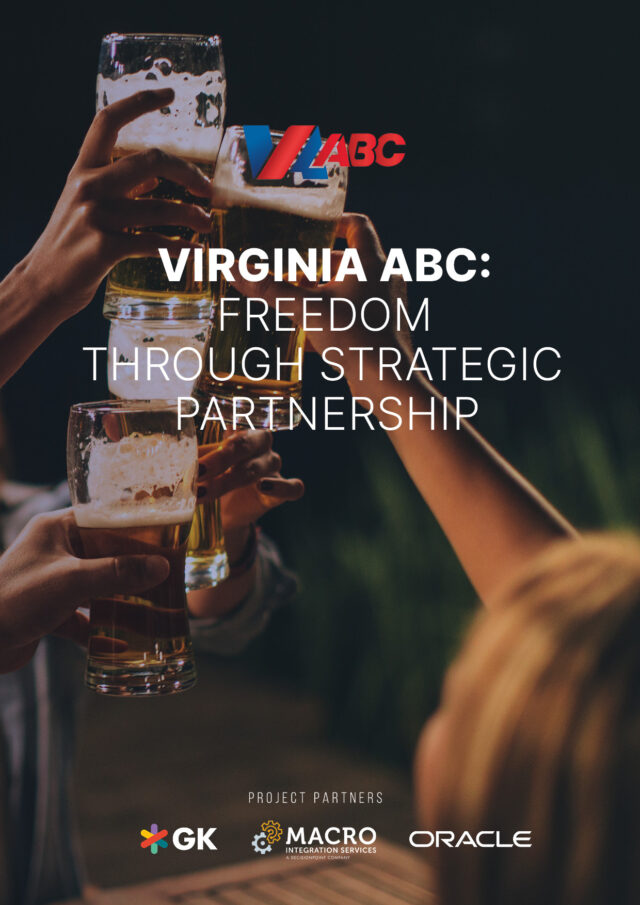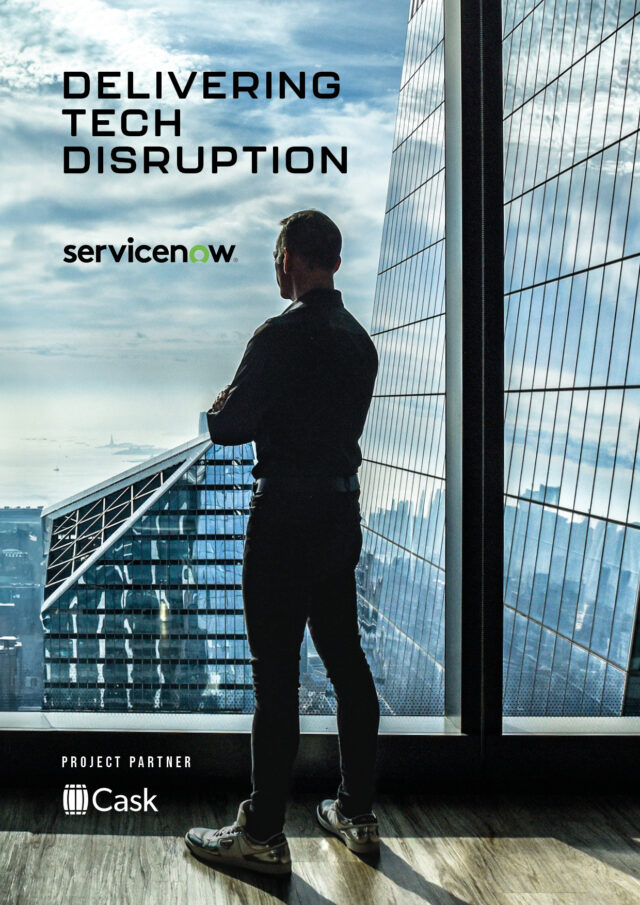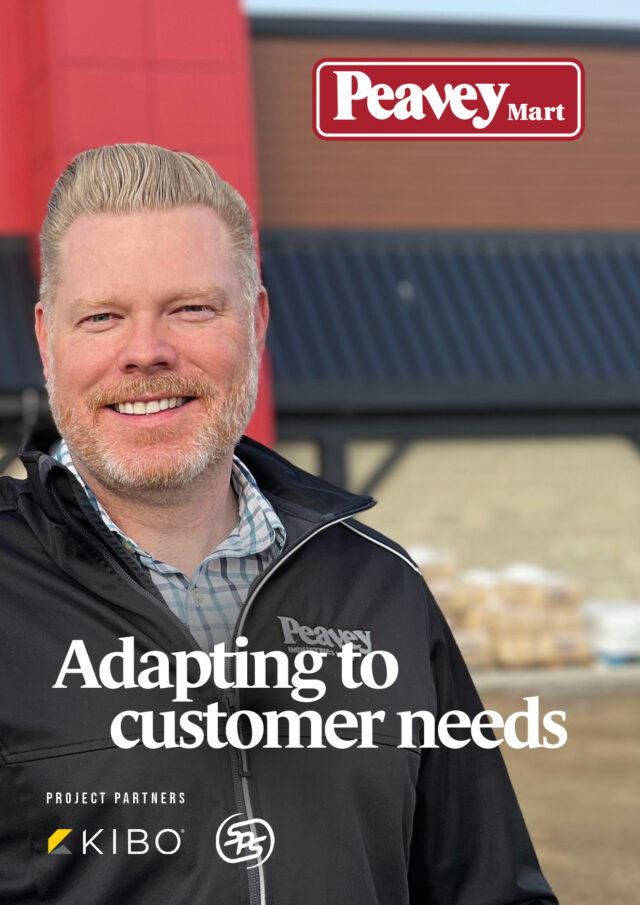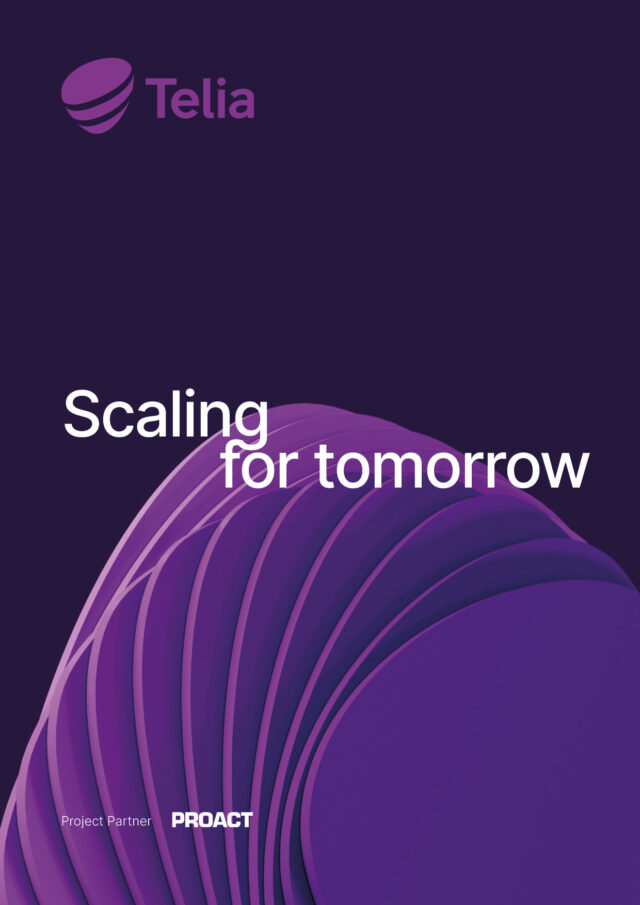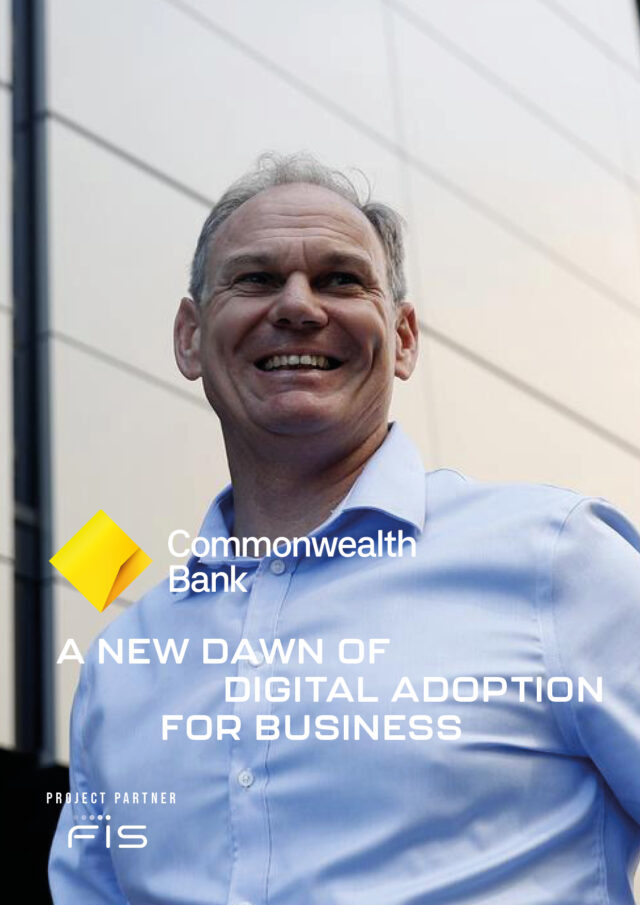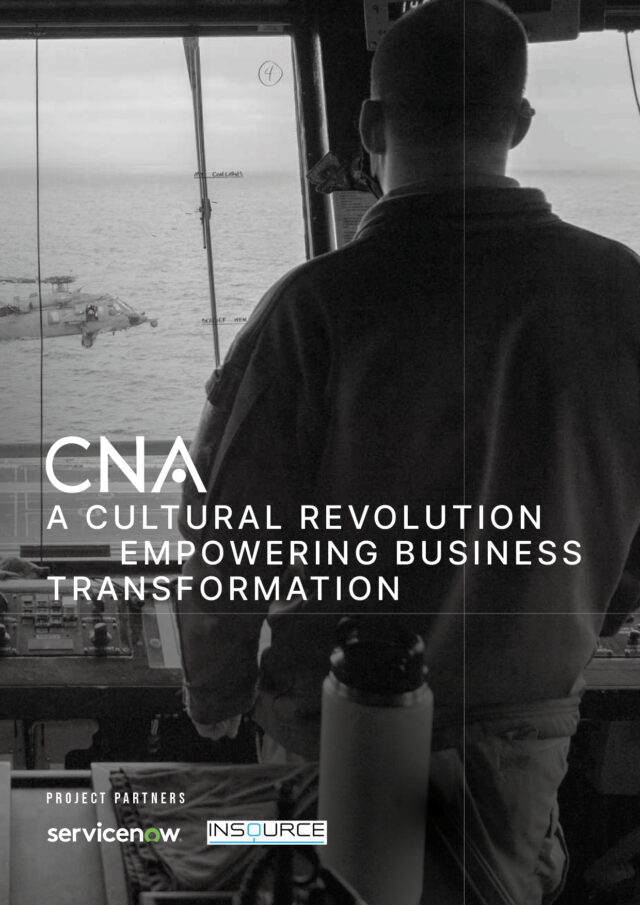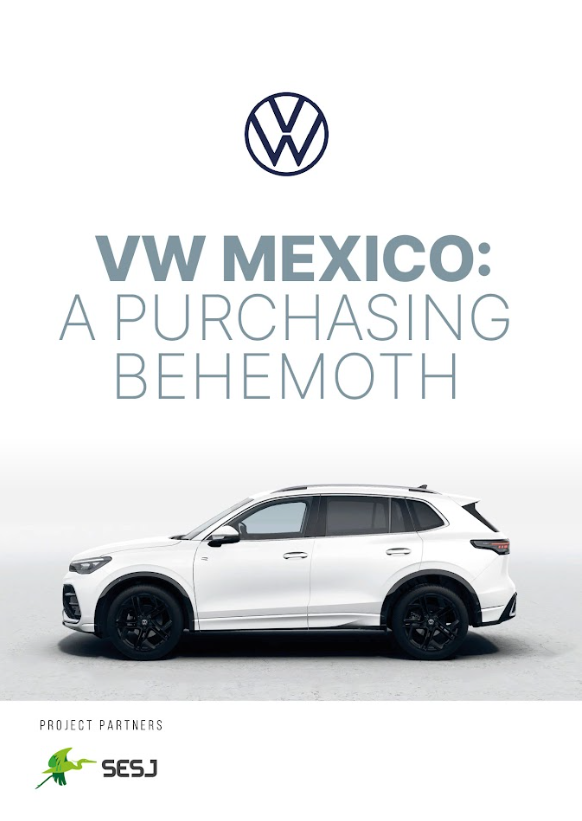FWD Philippines’ CTO Rogelio “Nooky” Umali explains how a digital transformation has accelerated its time to market with a new range of innovative life insurance products…
As markets ripe for disruption go, the financial sector in the Philippines is open season with only around 30% of the population possessing bank accounts. With just 2.5% of the population having life insurance, there was a juicy 97.5% to try and engage for life insurers FWD Philippines.
Rogelio “Nooky” Umali started as CTO of FWD Philippines back in 2016 and his first challenge was to launch a product – and a new digital platform – in just 30 days. Nooky went straight to work with the developers and product teams.
The timely launch of the product was to coincide with the anniversary of a bomb attack in southern parts of the Philippines in Q4 of 2015 and Umali went straight to work putting together a new product that gave its customers peace of mind by having financial protection should they die from a terrorist attack anywhere in the world. This was amplified by another attack in Q3 of 2016. “We needed to act swiftly because we had a very short window of opportunity,” Umali explains. “That was August and the instructions came sometime in September. So, we needed to acquire a technology that allowed us to develop while regulatory processes were still underway.”
The launch of the Anti-Terrorism product represented the first time FWD Philippines had used a low-code development platform, delivered by global enterprise software company, OutSystems. First, Umali and his team changed the tools they were using followed by adaptations of the agile methodology behind the development. So, while the product was awaiting approval from the regulators they were already building the new low-code platform from OutSystems. “We acquired a new low-code platform we call a super power that allows us to build software with super speed; using rapid application development,” Nooky explains. “We actually cut down the initial 30 days development to launch a product, from concept to production, in just 21 days.”
The new product, aided by the new OutSystems’ platform, launched in November, was called Peace. It was named the Most Innovative Insurance Product in 2016 and even the regulators were promoting the product. “They were saying: ‘I wish there were more innovative products like the anti-terrorism one from FWD.’ That was our first venture into creating something superfast and then iterated (even faster) while we were still awaiting approval. We considered the customer pain points very deeply when we were developing that product, so we had focus group discussions and did the whole customer journey mapping to ensure that this really was something compelling enough for them to purchase at a price they could afford. Filipinos would not invest that much for insurance and so we had to be very sensitive about the pricing and lowered it accordingly to promote financial inclusivity.”
With any transformation, people represent the biggest challenge, especially in adopting a new platform. The cultural shift and its subsequent management are crucial to any business transformation. “The developers must really want to use it otherwise it won’t be effective,” Nooky explains. “I had to first convince the solutions development team that this was the right tool for us. I had to convince them that this was the platform that would allow us to quickly launch new products and services to the market.”
The launch of Peace represented the first time FWD had used low code, with support from OutSystems, to deliver a high-quality user experience. “After we got regulatory approval, there were still some minor changes needed before the product could be deployed. Through the OutSystems platform, we were able to accommodate these last-minute changes and meet the launch date.”
“While the
front-end development was being catered in OutSystems, we were using Candela (Labs), mostly on the backend for workflow automation and document storage and retrieval,” says Nooky. “There was a very structured automated workflow process from Candela. We needed to
iterate faster on the front end because as soon as we launch a service online there would be customer feedback. We had to be quick on our toes to respond to the feedback because you can
never get something perfect in 21 days. In order for
us to address the feedback swiftly, we
adopted
a DevOps process.”
“We had to put ourselves in the shoes of the customer and imagine the pain that they are undergoing while filing a claim due to a horrific accident or even death of a loved one,” Nooky explains. “This allowed IT to understand why we needed to respond swiftly. We had to meet half-way by accepting the business requirements even though it was incomplete or in a different format. We had to make some compromises to be agile.”
Another challenge came in the form of poor digital infrastructure. The Philippines has the lowest internet speeds in Asia and the head office, situated in the central business district of Taguig City, needed fast connections to its branches located across the country. “We partnered with Globe Telecoms to experiment a new technology that allowed FWD a direct connection to the head office using a Wide Area Network solution called SDWAN (Software Defined Wide Area Network).” This brought down the turn-around time in setting up the network infrastructure to connect the branches to the head office from 30 days to 10 days at a fraction of the cost. FWD became the first life Insurer to deploy SD-WAN in the Philippines.
In 2018, two years after the launch of Peace, Nooky was handed another challenge: to overhaul the customer portal to increase utilisation within six months. FWD had to reengineer the customer portal in 90 days. “This was a bit more difficult because it had more integration points unlike the Peace initiative where there were only five connections to the core systems and third-party platforms. This time we were looking at close to 50 connections minimum. The biggest challenge was the work effort on the development of back-end systems as well as the APIs. We had to think like a startup technology company by decomposing our monolithic core systems into micro services and develop our API strategy.”
Umali and
his team put the customer experience
at the very centre. “We ensured that
every single leg of a customer’s journey was assessed and then
identified which parts were the real
pain points. The solutions were then
focused on resolving these pain points. So, we started to design solutions that our customers really needed before
starting the development process by
working together with the customer experience team rather than in silos.” The joint efforts from the different business units led by the CX team
and the solutions team from IT allowed
FWD to seamlessly work as cohesive
unit. “We had to set up
a war room so that we could meet and figure out what went right, what went wrong and how we could improve it. We blurred
the department lines and focused on delivering an amazing new service for our
clients.”
Umali successfully launched a new, revamped platform to replace the customer portal by a mobile application called TAPP. “Within the first three months of usage, we were amazed by the adoption of 17,000 user downloads. More importantly was the speed at which we were able to address complaints. Whenever there is a complaint posted in the app store and Google Play, it is responded to within 30 minutes by the CX agent. Technical issues are endorsed to IT DevOps within the hour. In some cases, IT were able to develop, test and deploy the fixes before the end of the day. Now, the next time the costumer logs on, he will see a new version of the app without downloading it from the app store, and that customer would provide feedback in the app store to say, ‘Thank you for fixing my problem FWD you really are not just an ordinary insurance company.’”
Nowadays, the average ratings on the app stores for TAPP is 4.82 stars. “The team actually gets jumpy whenever there is somebody who rates us with 1 or 2 stars,” he explains. “The responsibility in resolving the customer issues is now shared between the business and IT.”
FWD Philippines is also experimenting on “smart” chatbots from Candela Labs that respond to different customer personas. “The initial batch of AI bots did not possess Einstein AIs, they are still entry level. We were experimenting on level 2 to level 3 bots, and it’s still a hit and miss. We have created customer personas for the bots to respond intelligently to clients. Through this approach we expect the bots to get better overtime.”
FWD don’t just use AI for its chat bots. AI is also leveraged for cyber security to detect anomalies through advanced cyber security software that apply sophisticated algorithms. “These allow us to detect anomalies quickly compared to a human.”
FWD also made its policy contracts simpler to read as its research showed that policy holders did not read their contracts. “For those who do, they would not even pass page 3 due to the legal jargon,” he says. “We experimented by simplifying the terminologies and layman-ising the words and even included diagrams in the new contracts. We were amazed by the customer feedback as our clients are now reading up to page 11 of their contracts. The transparency allowed FWD Philippines to develop more trust from our customers.”
FWD’s innovations have resulted in numerous invitations to take part in fintech events, which is no mean feat for a life insurance company that is neither fintech nor insurtech. In some rare cases FWD Philippines has even been classified as a technology company. “Because of our growing brand awareness, brought by our innovative products and satisfied customers, we are really testing the boundaries of what a life insurer can offer,” Nooky enthuses. “FWD Philippines is not your ordinary life insurance company. We do things that are not expected of us. It’s about focusing on the real needs of our customers and using technology to resolve it. This is how you can change the way people feel about insurance.”
